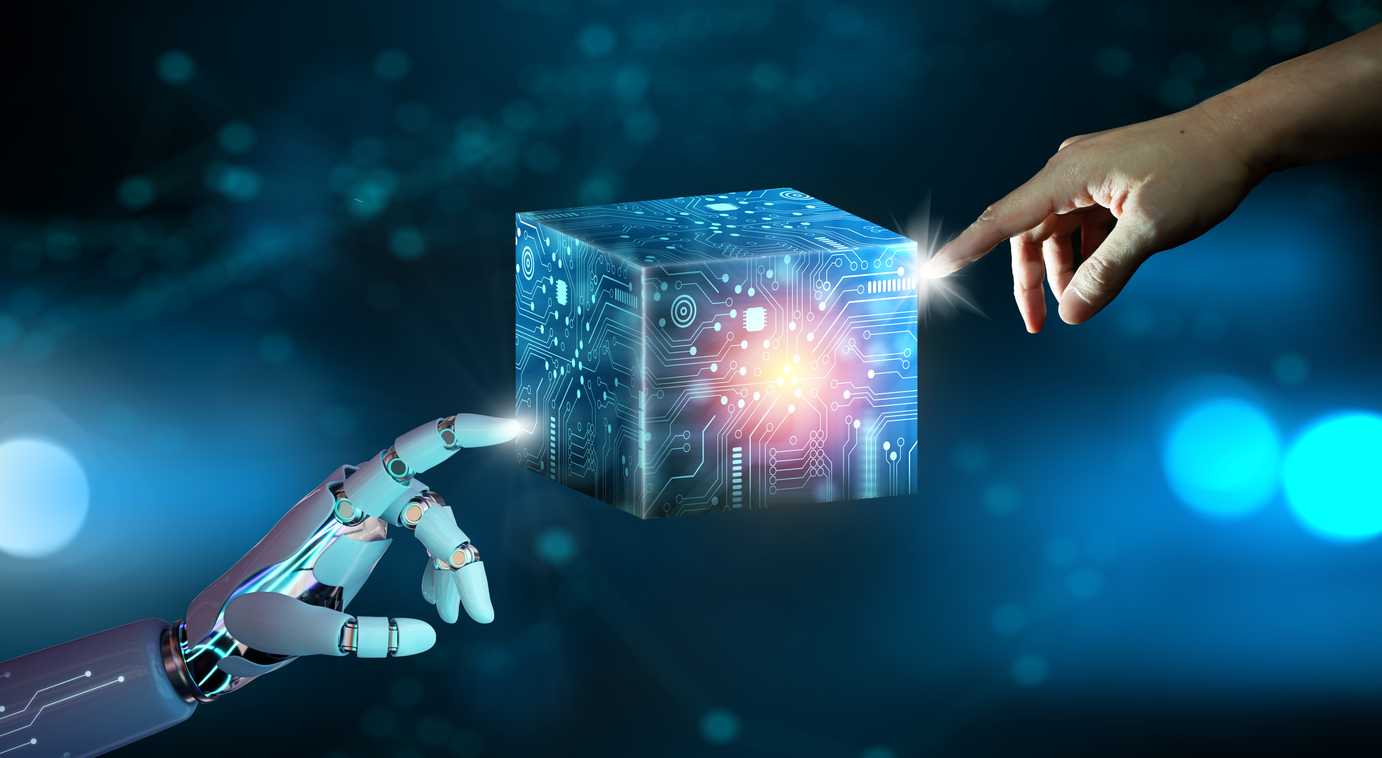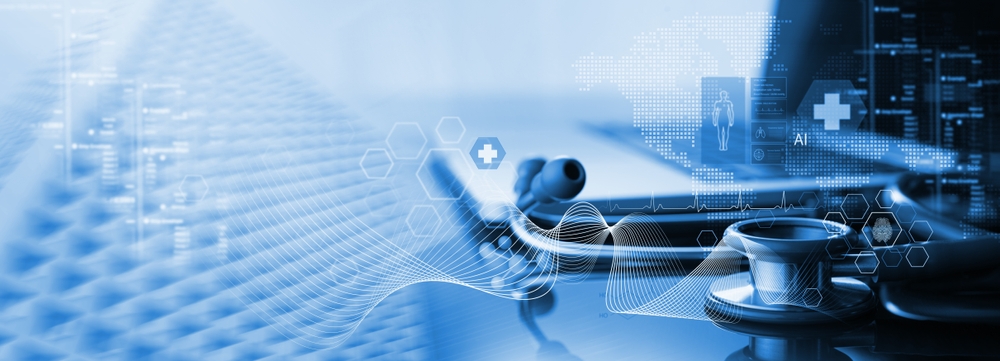Is AI the Future of Personalized Health? The Revolution Transforming Medicine
The healthcare industry is undergoing a seismic shift—one powered not by policy or pharmaceuticals, but by artificial intelligence. What once seemed like a sci-fi concept is now an active part of modern medicine. From diagnosing diseases earlier than doctors to tailoring treatment plans based on individual genetics, AI is beginning to deliver on its promise of truly personalized care. But beneath the excitement lies a critical question: Is this a true medical revolution or another overhyped tech trend?
The Rise of AI in Healthcare: From Theory to Reality
A decade ago, personalized health meant basic genetic testing—expensive, slow, and inaccessible to most. Today, AI-driven models ingest massive amounts of data—from DNA to diet, sleep patterns to pollution exposure—and use it to deliver real-time, actionable health insights. The result? Precision medicine no longer belongs to elite academic hospitals; it’s reaching consumers' wrists, phones, and smart home devices.
One of the most transformative uses of AI is in early disease detection. Algorithms now rival, and sometimes surpass, traditional diagnostic tools in identifying cancers, cardiovascular issues, and metabolic diseases—often before symptoms appear. In drug development, AI is shaving years off the R&D pipeline. Companies like DeepMind and Insilico Medicine are crafting drugs designed not for the masses but for individual genetic profiles. Meanwhile, predictive health monitoring is becoming mainstream. AI-enhanced wearables such as Apple Watch and Fitbit don’t just track steps—they issue arrhythmia alerts and flag sleep apnea risks before they spiral into chronic conditions.
A 2023 study from Stanford found that AI-powered diagnostic systems matched or outperformed human doctors in 87% of tested cases. While this stat raises eyebrows, it also introduces a provocative possibility: Will AI eventually replace human physicians, or simply make them sharper and more precise?
Related: From the Sidelines to Center Stage: 5 Sports Tech Innovations Changing the Game
Related: How Strava Conquered the Fitness World and became a $2.2 Billion Empire
AI in Action: How It's Already Changing Lives
In clinical settings, AI-powered diagnostics are revolutionizing how diseases are caught and treated. For example, Google’s DeepMind has developed systems capable of detecting over 50 eye diseases from a single retinal scan with 94% accuracy—often outperforming trained ophthalmologists. Cancer diagnostics are also being transformed. Paige.AI assists pathologists in spotting prostate and breast cancers, reducing diagnostic error rates and increasing speed of analysis.
Beyond hospitals, AI is reshaping personal health management. IBM Watson for Oncology analyzes a patient’s entire medical history and genetic data to propose individualized cancer treatment plans, moving healthcare away from trial-and-error medicine. Similarly, companies like Nutrigenomix use AI to provide DNA-based dietary guidance, offering precision nutrition tailored to weight loss, cardiovascular health, or longevity goals.
Virtual health assistants, another fast-growing area, are taking pressure off traditional health systems. Ada Health functions as a smart symptom checker, guiding users toward appropriate care long before they step into a clinic. Meanwhile, Sensely’s “Molly,” an AI-powered nurse, helps monitor chronic conditions via real-time chats—cutting down hospital readmissions and improving patient compliance.

The Dark Side: Data, Bias, and Dependency
While the benefits of AI in health are becoming clearer, so too are the risks. First, there’s the thorny issue of data privacy. Health records—especially those containing genetic information—are extremely sensitive. If breached, they could expose an individual’s vulnerabilities to employers, insurers, or cybercriminals. There's also a looming question around data ownership: When AI generates health predictions based on your biology, who owns the insight—your doctor, the hospital, or the tech firm?
Another serious concern is algorithmic bias. If an AI system is trained on data from a narrow demographic, its recommendations may not generalize well. For instance, a 2022 MIT study found that AI dermatology tools were up to 40% less accurate when diagnosing skin conditions in Black patients, due to an overrepresentation of lighter skin in training datasets. Biases like these could result in dangerous misdiagnoses and exacerbate existing inequalities in healthcare.
And then there’s over-reliance. As AI becomes more accurate, there's a risk that clinicians will trust machines even when common sense suggests otherwise. Medicine still involves nuance, empathy, and human judgment. The risk of "automation bias"—assuming the machine must be right—could have life-threatening consequences if not carefully managed.
The Next Chapter: What’s Coming Next
The future of AI in health isn’t just diagnostic—it’s immersive and continuous. Real-time optimization is fast becoming the norm, with smartwatches that may one day detect heart attacks hours before they occur. Continuous glucose monitors are already helping diabetics maintain better control, and when fused with AI, they could predict dangerous fluctuations before they happen.
On the pharmaceutical front, companies like BioNTech are using AI to design mRNA therapies within weeks rather than years. This speed was instrumental during the COVID-19 vaccine rollout and is now being applied to other diseases, from cancer to autoimmune disorders. Emerging startups like Recursion Pharma are pushing further, using AI to repurpose existing drugs for rare or orphan diseases that otherwise lack economic viability.
Perhaps the most futuristic concept is the rise of the “digital twin”—a virtual clone of a patient created using real-time biological, behavioral, and medical data. Companies like Unlearn.AI are already experimenting with these models to simulate how diseases will progress in a specific patient, allowing for safer, more precise trials of treatments before they’re ever administered in the real world.
So, Is AI the Future of Personalized Health?
Yes—but with caution. AI is not a miracle cure, nor a wholesale replacement for physicians. What it offers is something more nuanced and powerful: the ability to turn vast amounts of data into precise, predictive, and preventative care. In the hands of trained professionals, it becomes a tool that augments human judgment—offering speed, consistency, and scale that no doctor alone can match.
The true future of healthcare is personalized, but not just because of DNA tests or smartwatches. It’s personalized because AI can finally interpret the complex signals our bodies generate and translate them into actions we can take—before we get sick. That’s not hype. That’s a revolution.
Related: Wellness Startups to Watch in 2025: The Future of Health Innovation
Related: How State Healthcare Policies Are Affecting the Workplace in 2025














